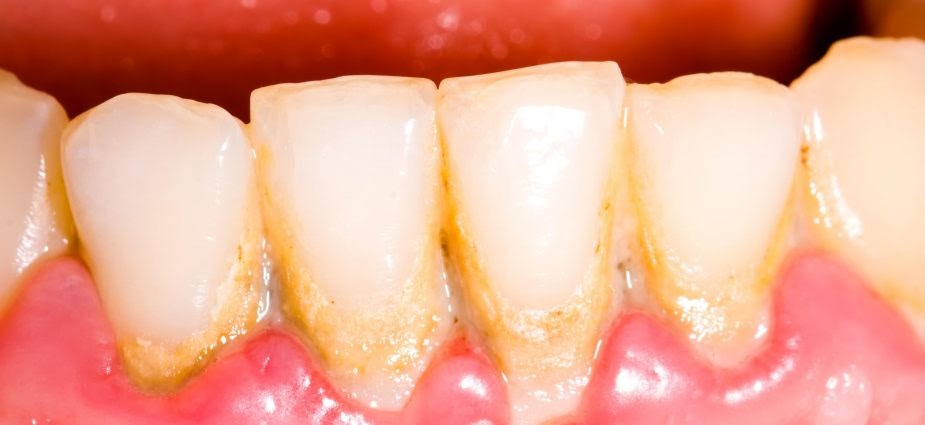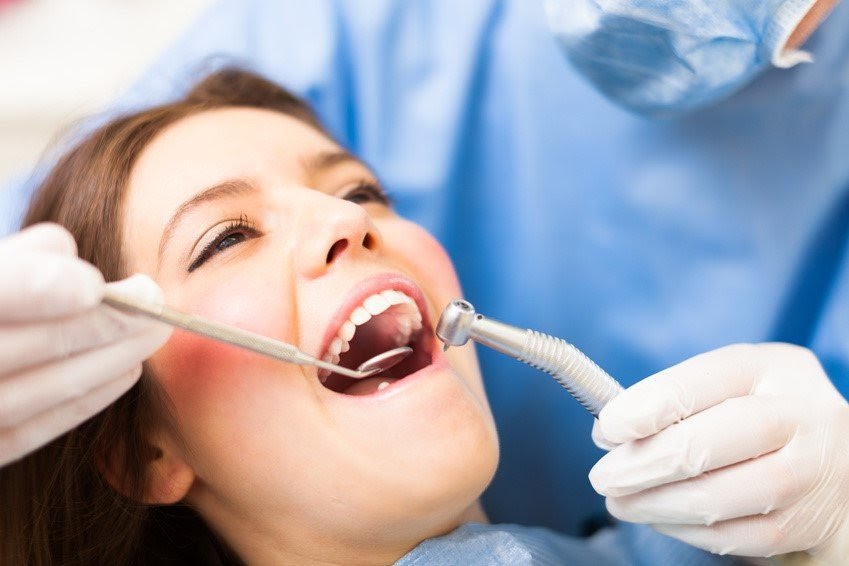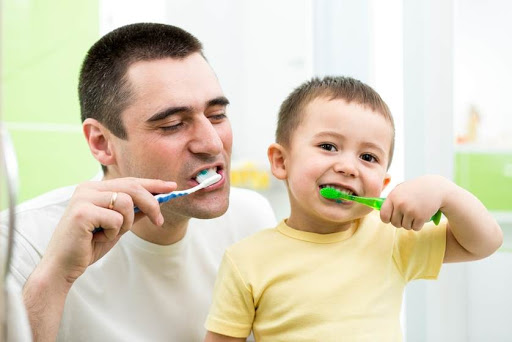Periodontitis which is also commonly known as gum disease, is a dangerous gum infection that affects soft tissue and can ruin the bone that supports your teeth if left untreated. Periodontitis can result in teeth loosening or tooth loss.
“Periodontitis is a frequent condition that can be avoided in most cases. Poor oral hygiene is frequently the cause. Gently brushing your teeth at least twice a day, flossing daily, and seeing your dentist on a regular basis can considerably enhance your odds of successfully treating periodontitis and lowering your risk of acquiring it.” Says Dr. Rajat Sachdeva who is one of the best dentist in Delhi.
In this article, Dr. Rajat will explain everything about periodontitis including the preventive measures.
What are the different stages?
Periodontitis is characterized by inflammation that worsens with time.
Inflammation (gingivitis)
Gingivitis, or gum inflammation, is the first sign of periodontitis. While brushing or flossing your teeth, your gums may bleed. Your teeth may also show signs of discolouration. This is referred to as plaque. According to one of the dentists in Delhi, this is the early indicator of gingivitis. Plaque is a bacterial and food debris deposit on your teeth. Bacterias are always present inside your mouth, but they only become hazardous when certain conditions allow them to multiply rapidly. If you don’t brush, floss, or receive dental cleanings on a regular basis, this could happen.
Early periodontal disease
Your gums pull away or recede from your teeth in the early stages of periodontitis, and small pockets form between your gum line and teeth. Bacteria can be found in the pockets. As your immune system fights the infection, your gum tissue begins to retreat. You’ll probably notice bleeding when brushing and flossing, as well as some bone loss.
Moderate periodontal disease
If you let moderate periodontal disease advance, you may feel bleeding, pain, and gum recession around your teeth. Your teeth will begin to loosen and lose bone support. An inflammatory response may occur throughout your body as a result of the infection.
Advanced periodontal disease
The connective tissue supporting your teeth in place begins to disintegrate as the condition progresses. Your bones, gums, and other supporting tissue are all destroyed. You may have significant discomfort while chewing, severe bad breath, and a foul taste in your mouth if you have advanced periodontitis. You’ll almost certainly lose your teeth.
Reasons for this

The most prevalent cause of periodontitis is plaque, a sticky covering largely of bacteria. If plaque is left untreated, it can lead to periodontitis:
- Plaque forms on your teeth when starches and sugars in food combine with bacteria in your mouth. Brushing twice and flossing once a day regularly helps to remove plaque, but plaque returns quickly.
- Plaque can harden into tartar (calculus) under the gum line if it is not removed. Tartar is more difficult to remove, since it contains bacteria. The longer plaque and tartar accumulate on your teeth, the more damage they inflict. Tartar cannot be removed simply by brushing and flossing; it must be removed by a dental specialist.
- Plaque causes gingivitis, the mildest type of gum disease. Gingivitis is an inflammation and irritation of the gum tissue surrounding the base of your teeth (gingiva). Gingivitis can be treated and reversed at home with the help of a dentist and good dental hygiene.
- Periodontitis occurs when your gums become inflamed, causing plaque, tartar, and germs to accumulate in pockets between your gums and teeth. Over time, these pockets deepen, accumulating more bacteria. If not treated, these deep infections cause tissue and bone loss, and you may lose one or more teeth. Furthermore, long-term chronic inflammation might put a strain on your immune system.
Preventative actions
The best method to prevent periodontitis is to start practicing proper dental hygiene at a young age and maintain it throughout your life.
Oral hygiene is crucial. Brushing your teeth for two minutes twice a day — in the morning and before bed — and flossing once a day are also necessary. Flossing before brushing helps to remove any loose food particles or bacteria from your teeth. Good dental hygiene prevents the formation of an environment surrounding your teeth that is conducive to the growth of germs that might result in periodontal disease.
Visits to the dentist should be conducted on a regular basis. Your dentist or dental hygienist should clean your teeth every six to twelve months. If you have risk factors for periodontitis, such as a dry mouth, use of certain medicines, or smoking, you may need professional cleaning more frequently.


